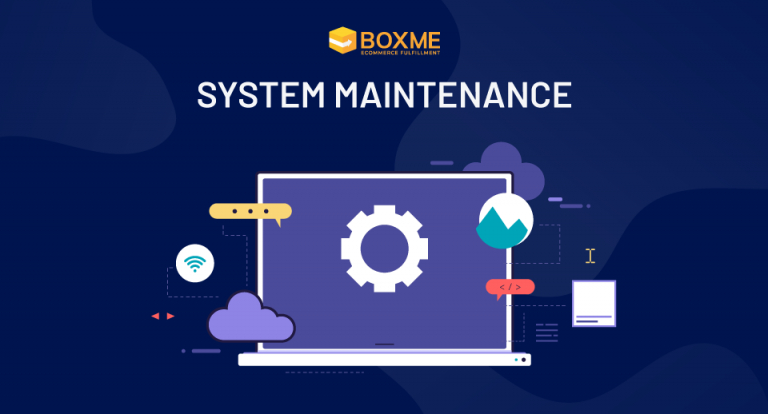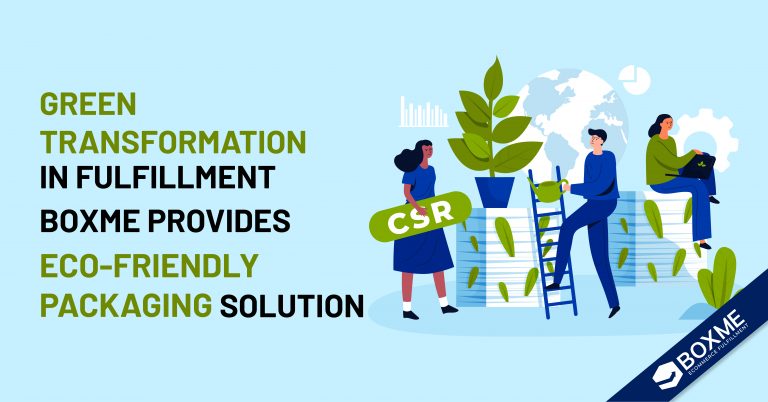On average, there are now more than 35 million transactions per day through Vietnamese e-commerce marketplaces. Revenue in 2020 is up to USD 11.8 billion, accounting for about 5.5% of total retail sales of goods and services. In order to avoid loss of budget revenue, the Tax sector will force exchanges such as Shoppe, Tiki, Lazada, Sendo … to deduct tax directly on the seller’s revenue.
>>Read more: Vietnam eCommerce is heading for the period 2021 – 2025
>>Read more: [ Infographic] Vietnam retail sales surge ahead of Lunar New Year 2021
According to the latest regulations in Circular 40 of the Ministry of Finance, from August 1, 2021 onwards, businesses with an annual income of 100 million VND or more will have to pay value added tax and personal income tax. The applicable tax rate is 1.5% on turnover, including 1% value-added tax rate and 0.5% personal income tax.
Possibility in price movement
Circular 40 of the Ministry of Finance indicates that individuals selling goods on Vietnamese e-commerce platforms will be taxed on sales. In reference to the revenue and other profits received by trading, including the amount received through the shipping unit – COD, forms of payment intermediaries, etc.
According to the national law, retailers and businesses trading in e-commerce marketplaces must follow these rules:
- Personal name/business representative
- Address of the head office or permanent residence of the individual
- Information about business registration certificate or personal MST
- Phone number
- Information about goods and services
- Information about prices and payment methods.
- Information about shipping and forwarding.
There are two available methods for businesses which trade through e-commerce marketplaces to pay taxes: presumptive method or the declaration method.
>>Read more: Four Ecommerce Trends That Will Rule Southeast Asian Ecommerce In 2018
In case tax has been declared on behalf of, based on the revenue and tax paid shown on the voucher issued by the e-commerce marketplaces to declare and adjust the revenue and tax rate at the tax authority managing the exchange.
Otherwise tax has not been declared on behalf, the owners shall base on the business results through the exchange (according to the vouchers issued by the exchange) and the business results at the fixed location to declare and pay tax at authority managing the fixed location.
>>Read more: Who is the leading eCommerce platform in Vietnam?
>>Read more: Vietnam Ecommerce platform: Who to choose?
Previously, sellers only had to take a revenue deduction as a requirement from e-commerce marketplaces without paying taxes, which made the price tag be more competitive than price at brick-and-mortar stores. After Circular 40 of the Ministry of Finance, there will be direct impacts on the revenue of sellers on e-commerce platforms, possibly changing the selling price and pricing policies.
However, up to now there is no information about the changes of the exchanges in this regard!
Circular 40 regulations for E-commerce marketplaces
In Clause 1, Article 8 of Circular No. 40/2021/TT-BTC (Circular 40) just issued by the Ministry of Finance on June 1, it is clearly stated that: E-commerce marketplaces shall declare and pay taxes according to the schedule of tax authorities. The tax amount declared on behalf of, or paid on behalf of, is based on the tax rates of each field and industry applicable to individuals doing business in selling goods and services on the floor.
All revenue and tax information for each order provided to buyers and sellers will be recorded by the e-commerce marketplaces.
E-commerce marketplaces are responsible for providing information to tax authorities in electronic form with data format standards as prescribed by the authorities. All current information databases of the Exchange must be updated and supplemented with information in accordance with regulations no later than August 1, 2021.
To sump up
E-commerce marketplaces act as an extension of the tax industry to support individuals to declare and pay taxes correctly and fully. In addition, the government needs to have regulations to better manage individuals selling on social networking platforms such as Google, Facebook, Youtube, TikTok… to ensure fairness among business organizations and individuals. .
Changing technical factors to serve the coordination in tax administration require e-commerce to upgrade their software and integrate more tax management functions. According to the tax authority, the implementation of the circular from 1.8 can be extended, so that e-commerce marketplaces shall have more time to prepare.
>>Read more: Expand to Vietnam
More readings?
>>Read more: Vietnam enters in the top 10 of emerging logistics market 2021
>>Read more: Who is the leading eCommerce platform in Vietnam?
>>Read more: Entering the Southeast Asia E-commerce market: Why Shopee?
>>Read more: 5 critical things to look for in the Vietnam Ecommerce report 2020
About Boxme: Boxme is the premier E-commerce fulfillment network in Southeast Asia, enabling world-wide merchants to sell online into this region without needing to establish a local presence. We deliver our services by aggregating and operating a one-stop value chain of logistic professions including: International shipping, customs clearance, warehousing, connection to local marketplaces, pick and pack, last-mile delivery, local payment collection and oversea remittance.












